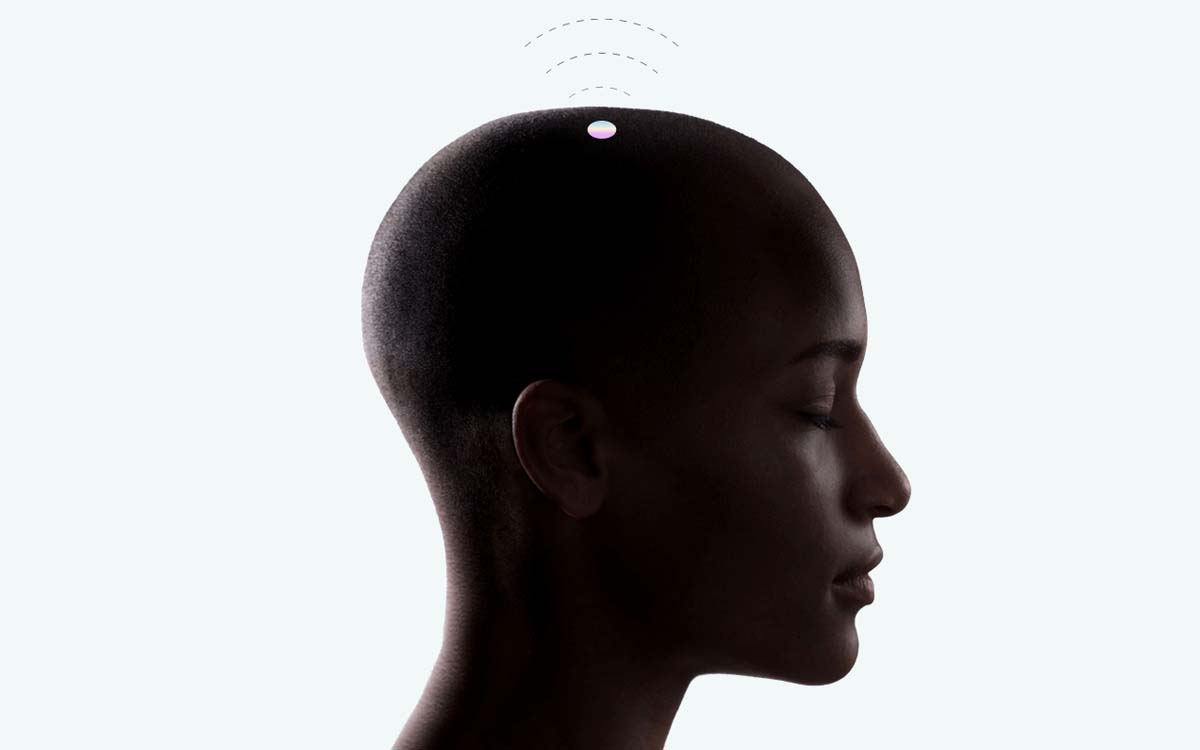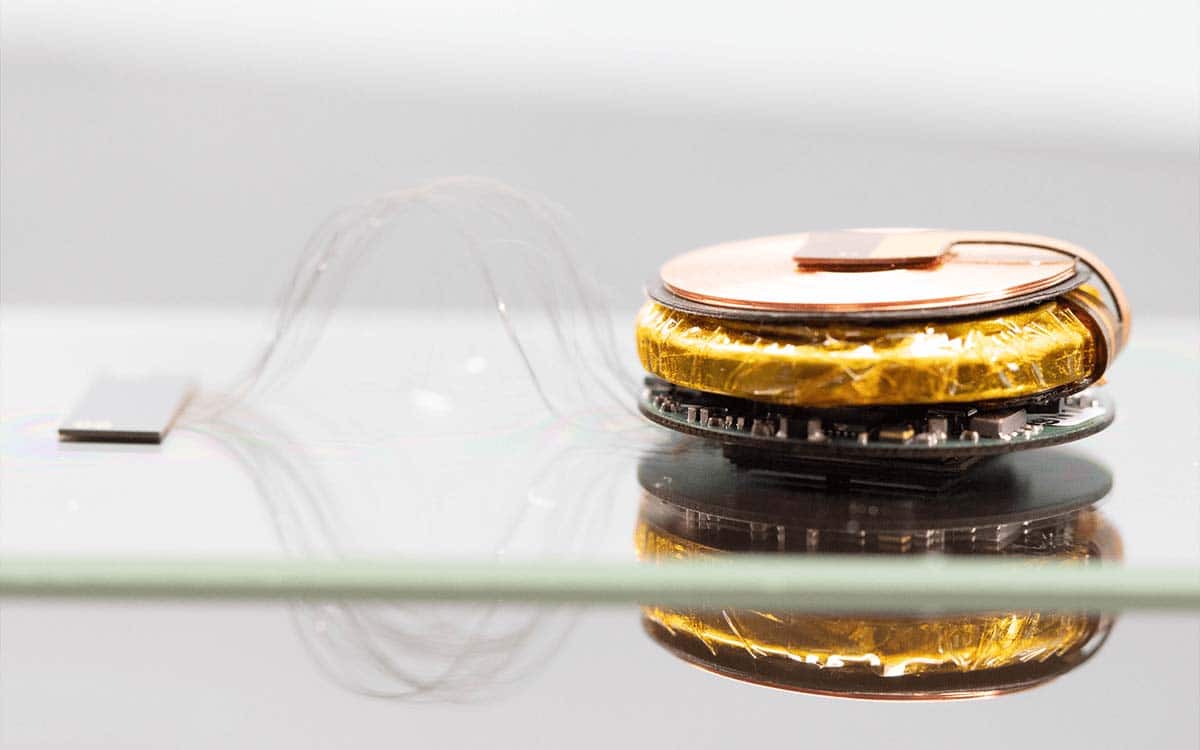
If Elon Musk is particularly enthusiastic and confident about Neuralink, this project to interface the human brain with an electronic chip does not really delight the scientific community. In their eyes, far too many ethical questions arise. Questions that remain unanswered for the moment.
In 2019, Elon Musk presents his new flagship project: Neuralink. The principle ? Interfacing and connecting the human brain to a machine, in this case an electronic chip. According to the billionaire and current CEO of Tesla and SpaceX, the primary purpose of Neuralink is medical, this technology should be used primarily to better understand, anticipate and treat brain diseases like Parkinson’s for example.
In addition, it could also help people with reduced mobility to recover their motor skills. After conducting conclusive tests on rodents and chimpanzees, like this monkey who managed to play Pong by thought thanks to the Neuralink chip, the first tests on humans should begin shortly, according to Elon Musk. “We hope to have good results in our first human patients – who will be people with severe spinal cord injuries such as quadriplegics – next year, pending FDA approval (editor’s note: the american food and drug administration) since the standards for implantation are considerably higher than those required by the FDA”, declared the boss at the end of 2021.
Tests on humans that worry the scientific community
Only, this announcement hardly enchants the scientific community, quite the contrary. In an interview published on the Daily Beast site, many experts are concerned about the supervision of the company, its potential impact on the health of the participants in these tests. Furthermore, they believe that this project raises crucial and unprecedented ethical questions about the fusion between technology and the human body.
“I don’t think there is enough public discourse on the global implications of the availability of this type of technology. I fear there is an uncomfortable marriage between a for-profit business…and these medical interventions that hopefully are there to help people,” asks Dr. Karaola Kreitmair, assistant professor of the history of medicine and bioethics at the University of Wisconsin (USA).
Read also: Elon Musk claims that Neuralink will be able to stream music to the brain
The lucrative exploitation, the dreaded drift of Neuralink
The main fear of these scientists is the potential lucrative exploitation of this technology that is supposed to help people with disabilities. “If the ultimate goal is to use the acquired brain data for other devices, or to use those devices for other things, say, to drive cars, to drive Teslas- then there could be a market a lot , much bigger”, says Dr. L. Syd Johnson, associate professor at the Center for Bioethics and Humanity at SUNY Upstate Medicat University.
In the eyes of these specialists, other fundamental questions still remain unanswered : what will happen if Neuralink goes bankrupt when patients already have chips implanted in their brains? Who has the right to control the data relating to the brain activity of users? What will happen to the data if the company is sold, in particular to a foreign company? How long will the devices last? What will happen if a chip fails ? So many questions and concerns that Neuralink has not yet answered at the time of publication of the Daily Beast article.
Source: Daily Beast



